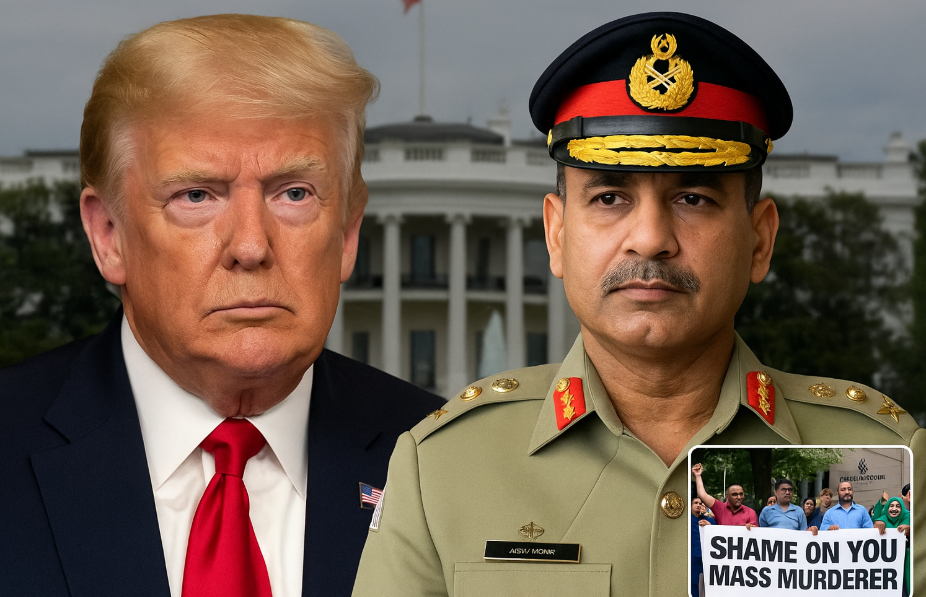
In a significant diplomatic development, U.S. President Donald Trump is scheduled to meet Pakistan's Army Chief, General Asim Munir, on Wednesday, June 18. The White House officially released President Trump's daily schedule, confirming that both leaders will have lunch together at 1:00 PM U.S. Eastern Time. This meeting marks a rare high-level interaction between the military leadership of Pakistan and a sitting U.S. president, especially under such tense circumstances.
This confirmation comes after days of speculation and controversy. Earlier, the White House had denied reports suggesting that General Munir would attend the U.S. military’s 250th anniversary celebrations held on June 14. The invitation extended to Munir for this occasion was perceived by many as a diplomatic setback for India, considering the ongoing tensions between India and Pakistan. The news of the luncheon, therefore, has reignited global attention and raised fresh questions about the nature of U.S.-Pakistan military ties.
However, General Munir's visit to the United States has not been free from domestic controversy. Upon his arrival at the Four Seasons Hotel in Washington, D.C., Munir faced strong protests from overseas Pakistanis, many of whom are supporters of former Prime Minister Imran Khan's party, Pakistan Tehreek-e-Insaf (PTI). Protesters chanted slogans such as "Shame on you," "Mass murderer of Pakistanis," and "Killer of Islamabad," expressing their opposition to Munir's policies and role in Pakistan's recent political upheavals.
The demonstrations, largely organized by PTI USA, were pre-planned and heavily promoted on social media. PTI activists shared videos on platforms like X (formerly Twitter), highlighting the protests and accusing Munir of crimes against the people of Pakistan. The party has been consistently vocal against the Pakistani military establishment, especially since the ousting of Imran Khan, and has used every international platform to raise awareness about alleged human rights violations back home.
Political observers have noted the significance of this meeting, pointing out that it is extremely rare for a serving Pakistani Army Chief to meet directly with a sitting U.S. President. The last such instance occurred in 2001, when General Pervez Musharraf met President George W. Bush during a similarly turbulent time in global geopolitics.
General Munir’s visit, especially at a time when Pakistan has a democratically elected prime minister in office, underscores the enduring influence of the Pakistani military in shaping the country’s foreign policy. It also reflects the United States’ continued engagement with Pakistan’s military establishment, despite ongoing political instability within the country.
As the world watches closely, the outcome of the Trump-Munir meeting could have far-reaching implications for U.S.-Pakistan relations, regional security in South Asia, and ongoing power dynamics within Pakistan itself. More updates will follow as further details emerge from this high-profile diplomatic engagement.




